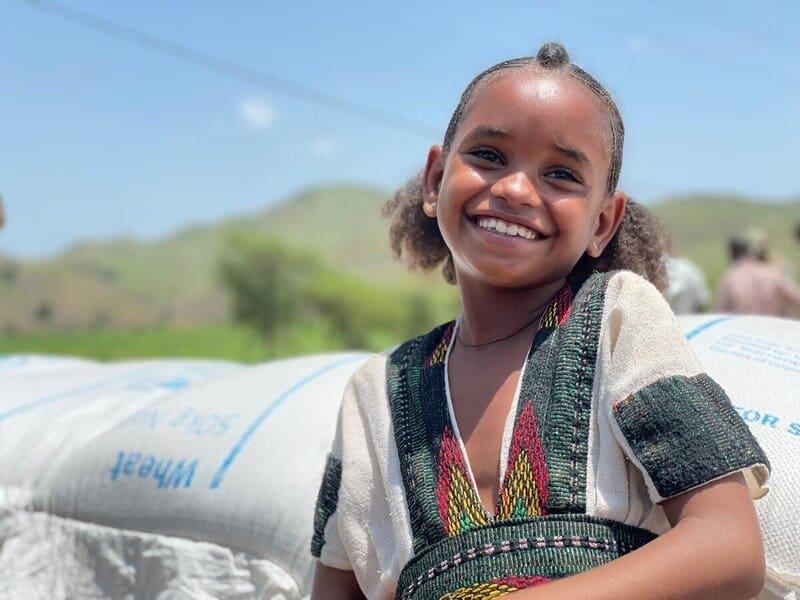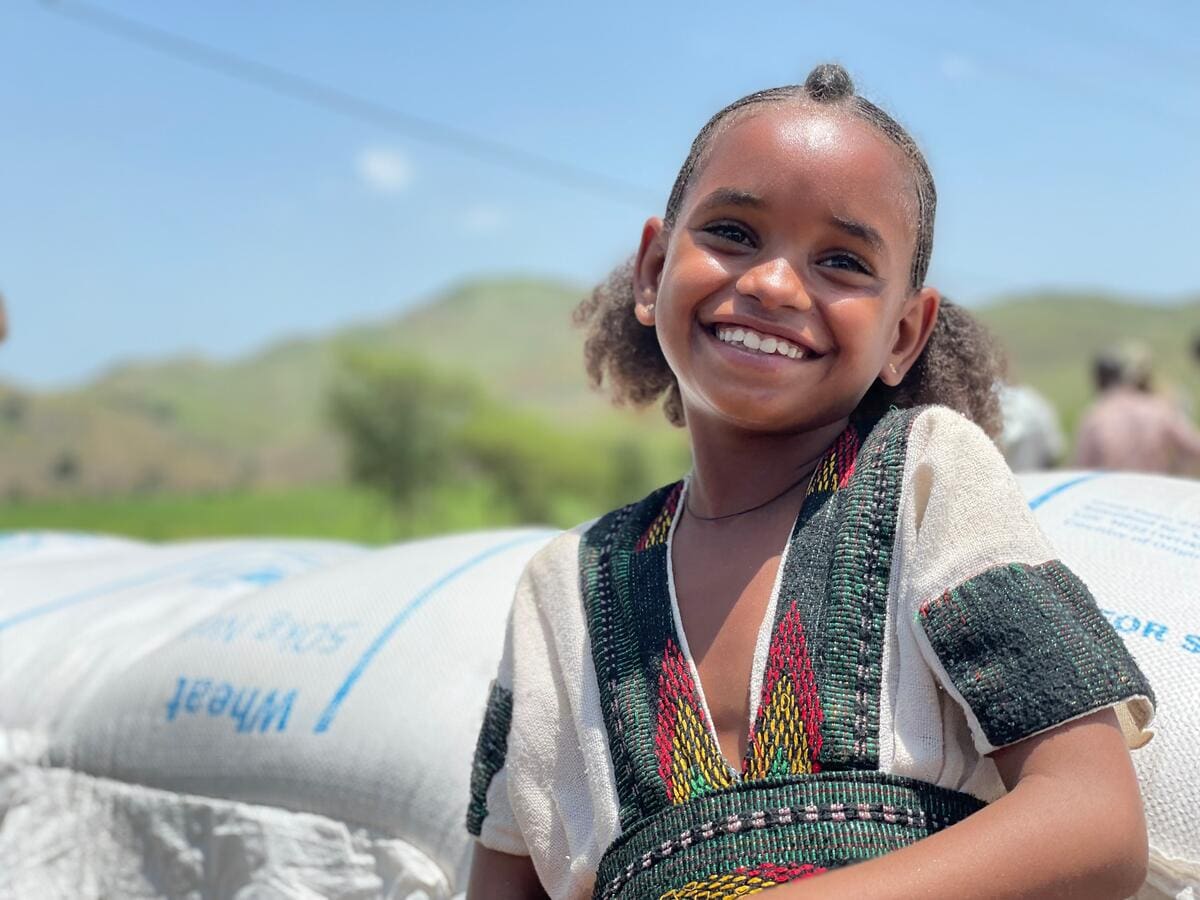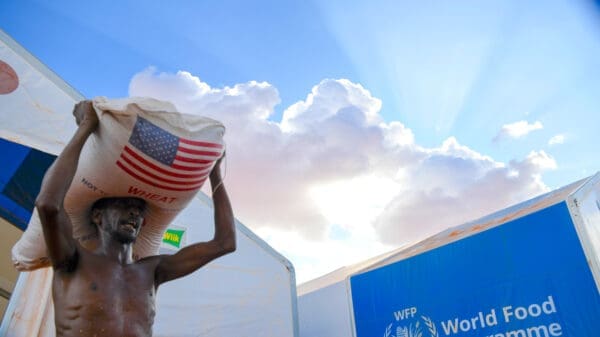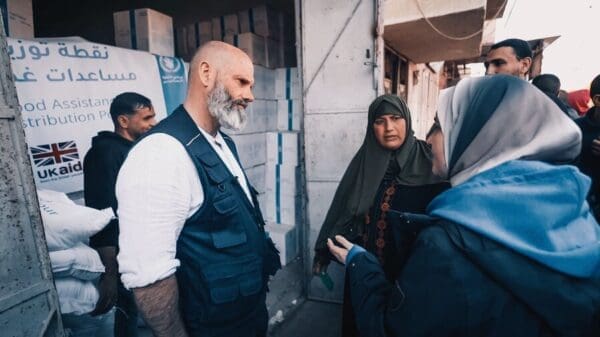What Is the U.S. Farm Bill? Its History and Role in Fighting Hunger

The United States has a long legacy of maintaining its commitment to ending global hunger. A key piece of legislation to continue that commitment is the Farm Bill.
What Is the Farm Bill?
The Farm Bill includes a range of food and agricultural policies including production, conservation and nutrition as well as international food assistance. Every five years, Congress passes a new Farm Bill, and the current Farm Bill is set to expire on September 30, 2023. The Senate Committee on Agriculture, Nutrition and Forestry formally kicked off the process for the 2023 Farm Bill with a hearing in April 2022.

The Farm Bill authorizes three major programs that help the work of the United Nations World Food Programme (WFP).
The History of the Farm Bill
The Farm Bill was created in 1933 as part President Franklin Delano Roosevelt’s New Deal legislation. At the time, the U.S. was in the grips of the Great Depression, and Americans faced a serious economic crisis. However, even before the 1929 crash, farmers faced financial distress.
During World War I, American farmers increased their production to meet global demand – and they didn’t slow down after the war ended. Farmers continued to produce record levels of crops, which resulted in surpluses and pushed crop prices drastically low. In response, the U.S. government created the first set of Farm Bill programs which aimed to increase agricultural prices by reducing the overall supply. Through the Farm Bill programs, farmers received subsidies for reducing the production of certain crops.
Price control is still one of the main purposes of the Farm Bill today.
Act now and ask your Member of Congress to support the reauthorization of the Farm Bill.
How Does the 2023 Farm Bill Support WFP’s Work?
The Farm Bill authorizes three major programs that help the work of the United Nations World Food Programme (WFP):
1) Food for Peace
Food for Peace is an international food assistance program managed by the United States Agency for International Development (USAID). The program sends American exports to countries facing emergencies like famine or conflict.
Through Food for Peace, the U.N. World Food Programme receives U.S. agricultural commodities, like rice, corn, wheat and soybeans, that it then distributes to people experiencing severe hunger. Since its launch in 1954, over 4 billion people have benefited from food assistance through Food for Peace.
2) McGovern-Dole International Food for Education and Child Nutrition Program (McGovern-Dole)
The McGovern-Dole program is managed by the United States Department of Agriculture (USDA) and supports school meals programs in low and middle-income countries facing hunger. Since its inception in 2002, McGovern-Dole has provided over 5.5 billion school meals to children around the world.

The U.S. is the largest donor to the U.N. World Food Programme’s school meals program, primarily through McGovern-Dole.
Through McGovern-Dole, the U.N. World Food Programme implements many of its school meals programs overseas. These school meals:
- improve children’s, especially young girls’, access to education.
- increase school enrollment and retention rates.
- boost children’s health and nutrition, which allows them to focus on their studies.
3) Bill Emerson Humanitarian Trust (BEHT)
BEHT is a special authority that allows USAID’s Bureau for Humanitarian Assistance to respond to unprecedented food crises abroad when other resources are not available.
In 2022, the world faced a once-in-a-generation hunger catastrophe – fueled in part by the war in Ukraine. As a result, Congress authorized the full release of BEHT to respond to global food security needs. $282 million of BEHT funds was put towards emergency food assistance in Ethiopia, Kenya, Somalia, Sudan, South Sudan and Yemen.
~
The U.S. has a long legacy of leading the global fight against hunger. The Farm Bill is a vital tool to continue this legacy and reduce hunger and instability worldwide. Send a letter to your Member of Congress now urging them to support the reauthorization of the Farm Bill.




